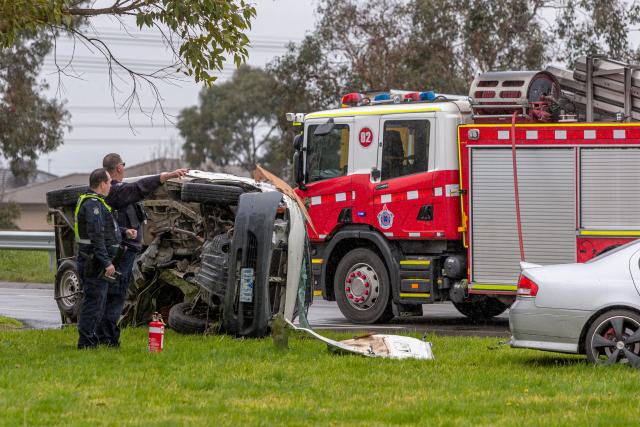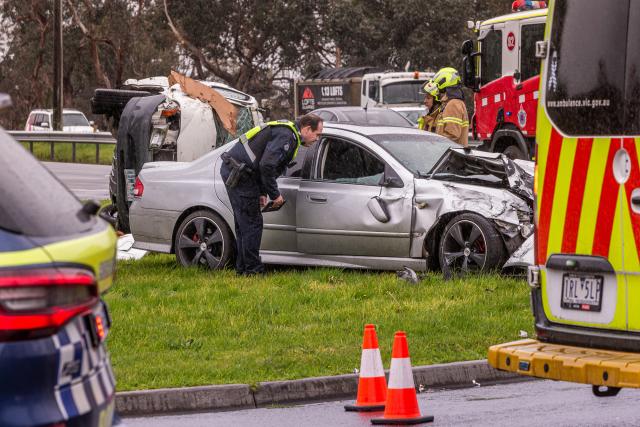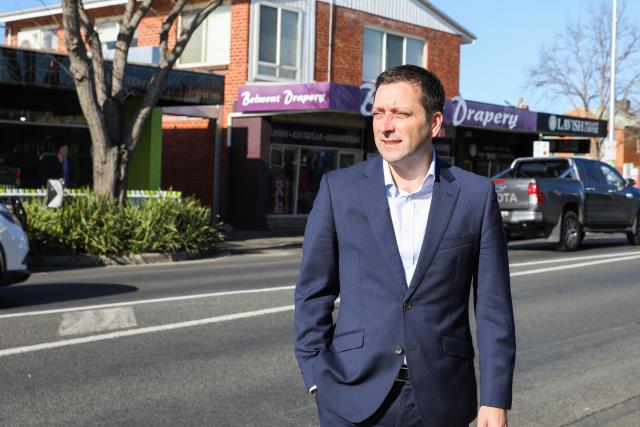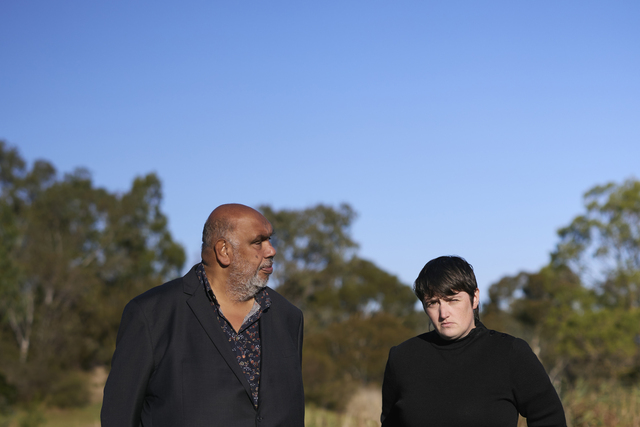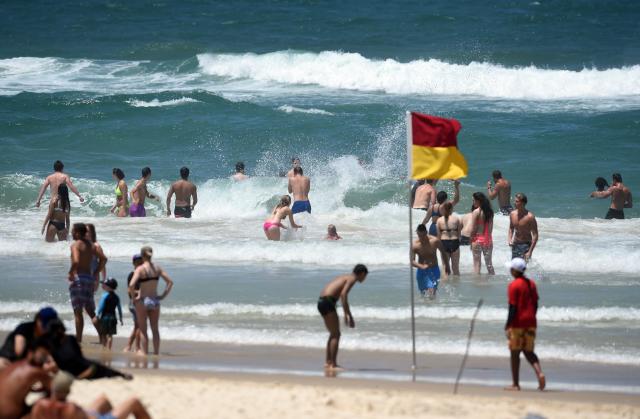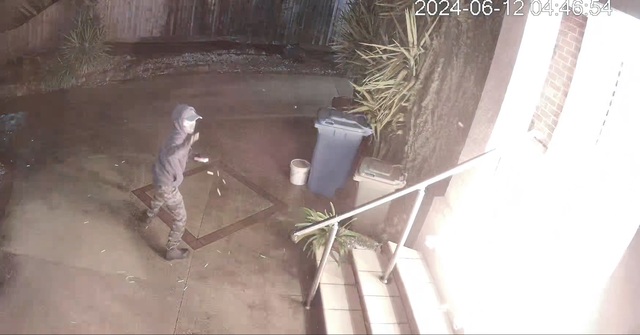The Supreme Court of Victoria has dismissed an appeal by a Cranbourne West man to challenge his prison sentence for fleeing the scene of a serious crash in Cranbourne that left a man with life-altering injuries.
Back in December 2023, Zachary Holmes of Cranbourne West, 21 at the time of the sentence, pleaded guilty to dangerous driving causing serious injury and failing to render assistance after a collision on the South Gippsland Highway in August 2022.
Driving at speeds up to 133 km/h in an 80km/h zone in wet conditions, Holmes struck a van turning into Clairmont Avenue, causing it to roll over.
The driver suffered multiple fractures, internal injuries and spent weeks in intensive care.
Rather than offering help, Holmes fled the scene, getting into his partner’s car and later shaving his head in an apparent attempt to avoid detection.
He surrendered to police about eight hours later.
The driver, who was seriously injured in the Cranbourne crash, delivered a victim impact statement to the court, describing the toll the incident has taken on his life.
He told the court that he had lost the ability to work and could no longer care for his disabled wife. Everyday tasks, from walking to lifting or bending, now caused him constant pain.
Once looking forward to an active retirement after 50 years of hard work, he said that his hope had been shattered.
Holmes was sentenced to a total of three years’ imprisonment, with a non-parole period of two years, including two-and-a-half years for failing to render assistance.
It was noted that his childhood was characterised by parental substance abuse, regular house moves, periods of homelessness and a lengthy involvement with child protection.
Arguing that this sentence was excessive this year, his lawyers cited his youth, early guilty plea, limited criminal history, difficult upbringing, and “excellent” rehabilitation prospects.
But the Court of Appeal found the sentence fell within range, noting Holmes’ decision to flee showed “callous” disregard for the victim and that general deterrence was an appropriate focus in sentencing for such offences.
The court agreed with the initial analysis of the sentence, including the reasoning that “drivers who fail to render assistance can usually expect the imposition of a substantial term of imprisonment”.
“The applicant’s moral culpability is not at the lower end of the range of seriousness, and the accident was not the product of momentary inattention or misjudgement,” the appeal judgment states.
“The CCTV footage does the applicant no favours at all. He fled from the scene, apparently without thought for the welfare of the person that, through his dangerous driving, he had grievously injured.”

